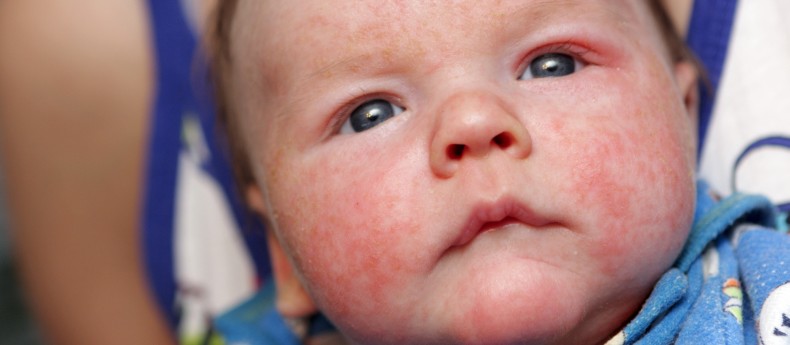
What is Urticaria?
What is Urticaria?
Urticaria is a vascular reaction of the skin characterized by the appearance of wheals, generally surrounded by a red halo or flare and is associated with severe itching, stinging, or pricking sensations. These wheals are caused by localized edema. Subcutaneous swellings (angioedema) may accompany the wheals. Angioedema can target the gastrointestinal and respiratory tracts, resulting in abdominal pain, coryza, asthma, and respiratory problems. Respiratory tract involvement can produce airway obstruction. Anaphylaxis and hypotension may also occur.
Which etiologic factors can cause Urticaria?
Many drugs can cause allergic reactions and disease such as penicillin, serum preparation, and all kinds of vaccines and sulfonamides. This includes histamine release agents such as aspirin, morphine, codeine, quinine, atropine and polymyxin B, etc. Food that has animal protein, plants such as mushrooms, berries, cocoa, tomatoes, onions and garlic, as well as some food additives such as salicylates, benzoate and sulfite, can cause urticaria. All kinds of chronic viral infections, physical factors, animal and plant factors, diseases and others can also lead to this condition. People under severe emotional stress may experience more severe urticaria.
What signs and symptoms can urticaria patients exhibit?
- Batches of red or white welts (wheals), usually on the face, trunk, arms or legs
- Welts that vary in size, change shape, and appear and fade repeatedly as the reaction runs its course
- Itching, which can be severe
- Swelling that causes pain or burning (angioedema), especially inside the throat and around the eyes, cheeks, lips, hands, feet, and genitals
- A tendency for signs and symptoms to flare with triggers such as heat, exercise and stress
- A tendency for symptoms to recur frequently and unpredictably, sometimes for months or years
- Chronic urticaria complications include difficulty breathing and serious allergic reactions
How is Urticaria treated?
The key is to find the source of the allergy and remove allergens. Dermatologists can then use allergy and symptomatic treatments. If physicians determine that urticaria is caused by another condition, this should be treated first. Taking daily antihistamine pills helps block the symptom-producing release of histamine. Although systemic corticosteroids are effective in suppressing most cases of chronic urticaria, their long-term side effects make their extended use impractical. Tepid or cold tub baths or showers may be freely advocated. Topical camphor and menthol can also provide symptomatic relief.
When should you see a doctor?
If you have severe urticaria (hives), or urticaria that doesn’t respond to treatment, or continues to appear for several days, you need see a doctor. If you feel dizzy, or your tongue or throat is swollen, or you have severe chest tightness or trouble breathing, seek emergency medical care.
Copyright United Family Healthcare 2018 All right reserved ICP 京ICP备13017554号-4




